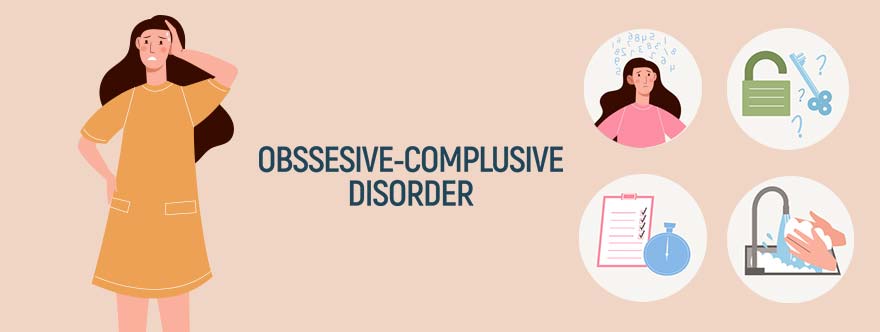Obsessive-Compulsive Disorder (OCD) is a mental health condition that can significantly impact a person’s daily life. It involves persistent, unwanted thoughts (obsessions) and repetitive behaviors or mental acts (compulsions) performed to alleviate distress. Seeking help from an OCD doctor is a crucial step toward managing this condition effectively. This article explores the role of an OCD doctor, the treatment options available, and how to find the right specialist for your needs.
Who Is an OCD Doctor?
An OCD doctor is a mental health professional with expertise in diagnosing and treating Obsessive-Compulsive Disorder. These specialists often include psychiatrists, psychologists, and therapists who focus on anxiety and obsessive-compulsive spectrum disorders.
- Psychiatrists: Medical doctors who can prescribe medication to help manage OCD symptoms. They may also offer psychotherapy in conjunction with medication.
- Psychologists and Therapists: Professionals trained in evidence-based therapies, such as Cognitive Behavioral Therapy (CBT) and Exposure and Response Prevention (ERP), which are highly effective for treating OCD.
By working with an OCD doctor, individuals receive tailored treatment plans designed to address their specific symptoms and needs.
Signs You May Need to See an OCD Doctor
It’s important to recognize when obsessive thoughts and compulsive behaviors are more than just quirks or habits. Some signs that indicate the need for professional help include:
- Spending excessive time on rituals or compulsions, such as handwashing, checking, or organizing.
- Feeling significant distress or anxiety due to obsessive thoughts.
- Avoiding certain situations or people due to OCD-related fears.
- Difficulty concentrating, working, or maintaining relationships because of the disorder.
If these symptoms interfere with your daily life, consulting an OCD doctor can help you regain control.
Treatment Options Provided by an OCD Doctor
OCD treatment often involves a combination of therapies and, in some cases, medication. Below are the most common approaches:
- Cognitive Behavioral Therapy (CBT):
This evidence-based therapy focuses on changing the negative thought patterns that fuel obsessions and compulsions. - Exposure and Response Prevention (ERP):
A specialized form of CBT, ERP helps patients gradually face their fears while resisting the urge to perform compulsive behaviors. - Medication:
OCD doctors may prescribe selective serotonin reuptake inhibitors (SSRIs) or other medications to help regulate brain chemistry and reduce symptoms. - Lifestyle Adjustments:
Some OCD doctors may recommend mindfulness techniques, relaxation exercises, or dietary changes to complement therapy and medication.
How to Choose the Right OCD Doctor
Finding the right OCD doctor can make a significant difference in your recovery journey. Here are some factors to consider:
- Specialization: Look for a doctor with specific experience and training in OCD treatment.
- Credentials: Ensure the professional is licensed and certified in their field.
- Approach to Treatment: Ask whether the doctor uses evidence-based methods like CBT and ERP.
- Comfort Level: Choose someone you feel comfortable working with, as trust is vital for successful therapy.
Benefits of Consulting an OCD Doctor
An OCD doctor provides not only expertise but also a compassionate approach to help you overcome challenges. Key benefits include:
- Accurate diagnosis and personalized treatment plans.
- Access to effective therapies tailored to your condition.
- Support and guidance for long-term management of symptoms.
- Improved quality of life as you gain control over OCD.
Conclusion
Living with OCD can be overwhelming, but you don’t have to face it alone. An OCD doctor can help you navigate the complexities of the disorder with evidence-based treatments, expert guidance, and ongoing support. If OCD symptoms are affecting your life, consider reaching out to a specialist today to begin your journey toward recovery.

